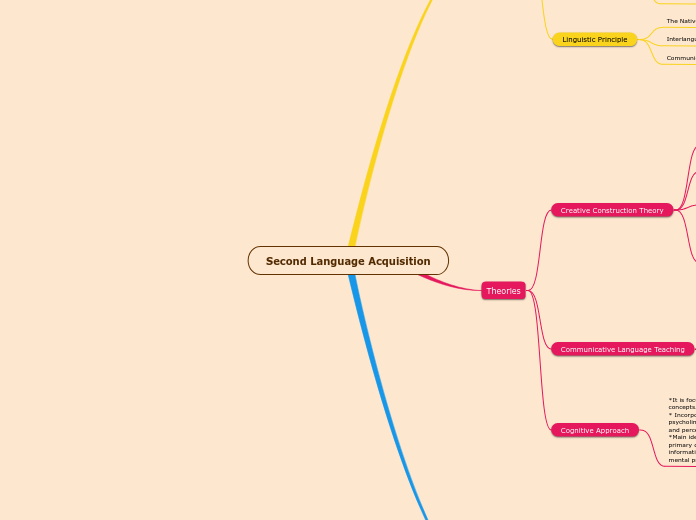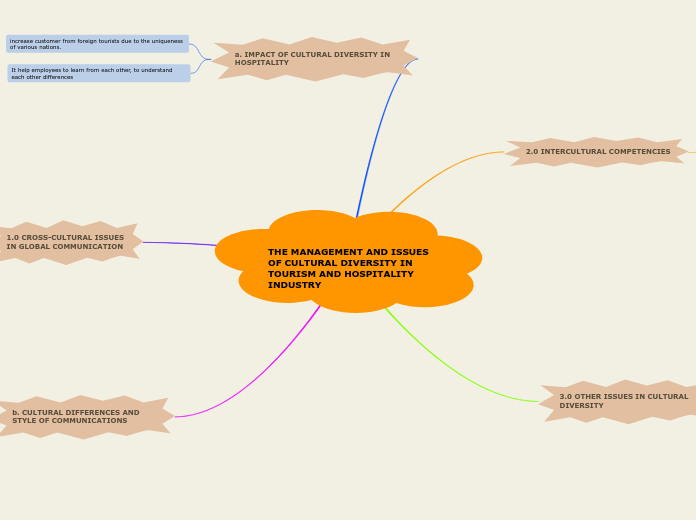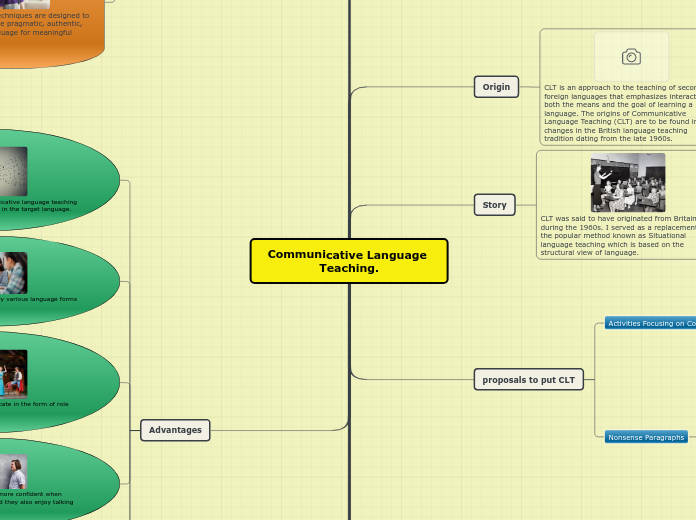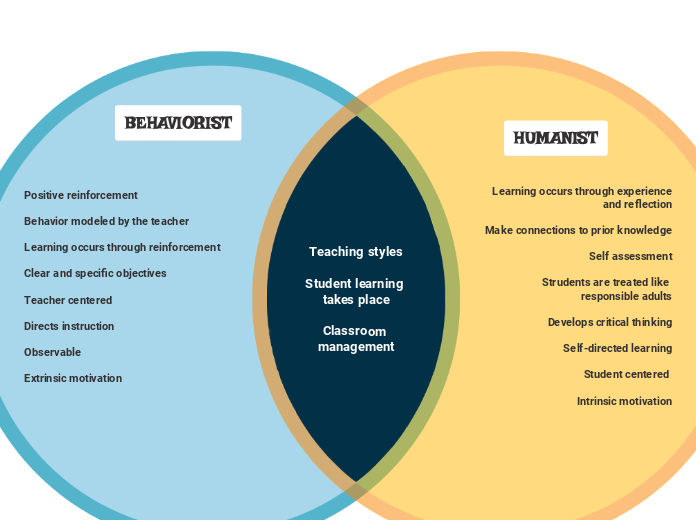по María Gabriela Pittí 4 лет назад
827
Second Language Acquisition
Grade level: 9 - 12
Objective: Learn to build your story by using its 7 primary components: Character, Challenge, Motivation, Setting, Obstacles, Climax, and Closing.
Benefits: You will enhance your interpretative abilities by visualizing the story characters, events and settings. You will also develop your sense of story which will assist you in storytelling, retelling and writing.
Common Core Standards: CCSS.ELA-LITERACY.W.9-10.3; CCSS.ELA-LITERACY.W.11-12.3.










